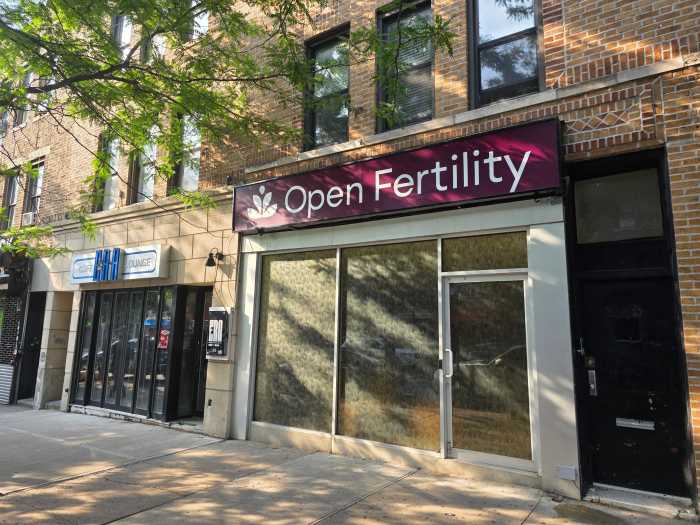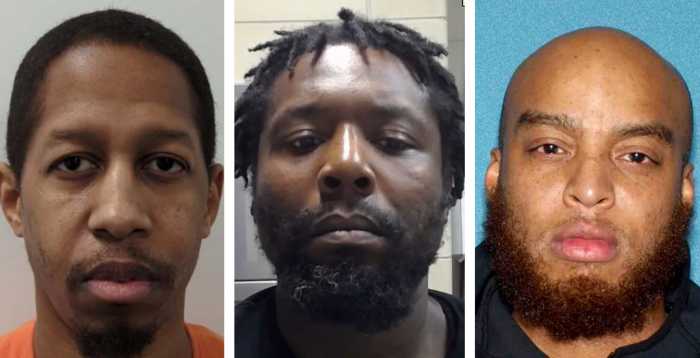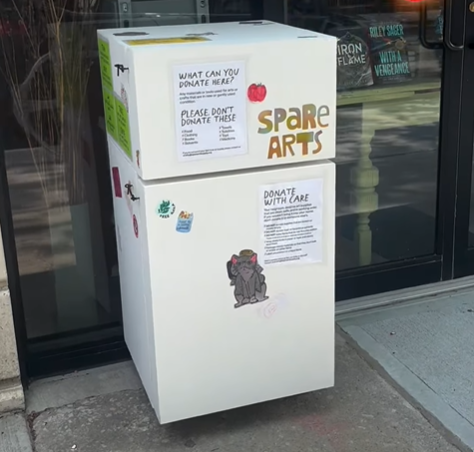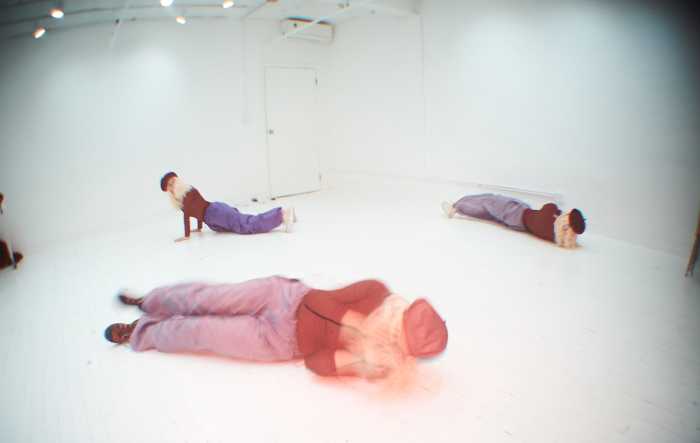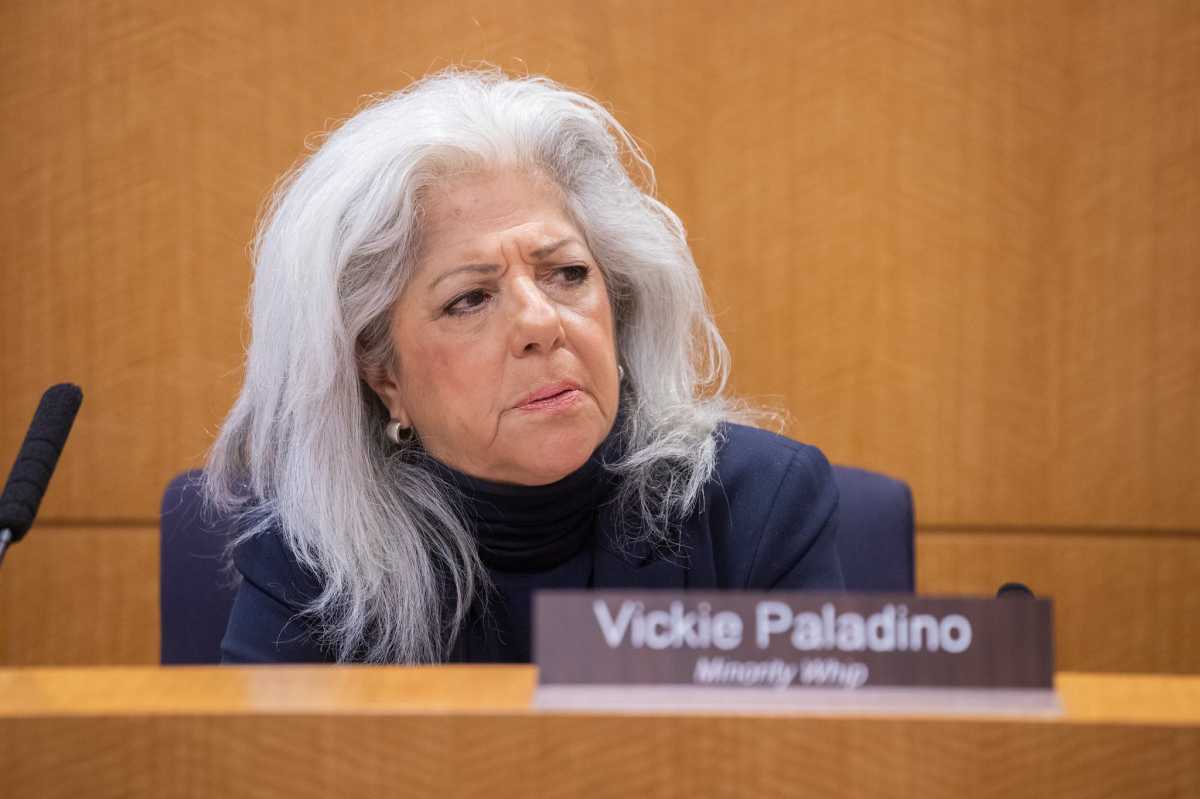Dr. Stella Rubina has spent a lot of time around death.
Having been the director of palliative care at Mount Sinai Queens in Astoria for the past five years, Rubina is an expert in caring for those approaching the end of their life. But the COVID-19 crisis is unprecedented — even in a field where sickness and death are the norm.
“It’s never been harder,” Rubina said.
The COVID-19 outbreak has been a challenge for medical workers because of both its scale and because of how rapidly the disease attacks the human body. Before the outbreak, Rubina said she typically would see about one to three deaths a day. Now, as the city and Mount Sinai Queens approach the potential peak of the outbreak in New York City, Rubina says about six to 12 people are dying in the hospital daily.
“This is the field we chose,” Rubina said. “But we were never prepared that this is the number of people we would not be prepared to save because of how aggressive the virus course is.”
Changing the conversation
While ventilators are an important tool in the fight against COVID-19, they present their own medical challenges and only act to buy medical personnel and the patient more time. They are not a cure.
Because the disease progresses so quickly in some cases, the patient may not be aware of what’s happening to them and might be unable to make decisions about their treatment, Rubina said. Putting a patient on a ventilator also means putting them into a medically induced coma.
Rubina encourages the conversation about securing more ventilators for patients, but also urges others to talk about what going on a ventilator means for a patient.
While the medical staff will do all they can to save a patient’s life, there are potential complications to treatments like being put on a ventilator.
“As much as I think it’s important to talk about the breakthroughs in medicines and what treatments are available to speed up recoveries, it’s just as imperative to talk about what care level and what treatments are available when there is irreversible decline of the illness and all resources have been exhausted and provided,” Rubina said.
However difficult the conversation, families making treatment decisions on behalf of a loved one should think first of the patient, who might be progressing poorly and unable to advocate for themselves.
“[Families] think just because something exists in medicine that we can throw it on somebody, but it doesn’t mean that it will be most medically beneficial to the quality of life that the person himself or herself ever wanted,” Rubina said. “Sometimes, there comes a moment when the families need to take a step and think about what those treatments might represent to that person in the center of it all.”
Rubina recommends having the difficult conversation about treatment before anyone gets sick. This way, everyone can make their wishes known, she said. Rubina had the conversation with her own father when she was in fellowship training.
When she asked him what he would want for himself if he was put on life support, he dodged the question.
“His response to me was, ‘I already told you, you and your sister are going to have everything split 50 percent,’” Rubina said. “I said, ‘I’m not talking about the finances.’”
Despite encouraging others to have such conversations as part of her work, she still understands how difficult it can be.
“I know that none of us ever feel comfortable having these very difficult conversations,” she said. “But during this situation now, giving up sometimes is the most loving gift, out of unconditional love and a true gift of courage on behalf of the family — to allow a peaceful, dignified way of passing when all the resources have been exhausted.”
Saying goodbye
Due to the isolating nature of COVID-19, once a patient enters the hospital, their family will likely not have the opportunity to say goodbye in person. Additionally, hospitals like Mount Sinai Queens are so inundated with patients that making a phone call to get an update on a loved one inside can be difficult.
Rubina recommends designating one person from the family to call the hospital for updates. That way, nurses and doctors are able to field as many calls for as many patients as possible.
In addition, Rubina has begun to challenge her friends, colleagues and her community of healthcare workers to make time for at least one call a day between a patient and their family or loved ones.
She calls it the “one call at a time challenge.”
“It’s called the ‘one call at a time challenge’ because I truly believe that it’s one win at a time, one family at a time that is getting their closure,” Rubina said. “Those who are in the hospital need to hear from their loved ones that they are OK. Even though they know that they might not be OK themselves, the patients, in their hearts, want to hear that [their family] will be okay when they leave them behind.”
But Rubina acknowledges that still, even with one phone call a day, families will likely feel disconnected from their loved one in the hospital. Still, Rubina offers the promise and sacrifice so many medical providers have made in this time of crisis.
“At least they know that there is dignity and support and comfort that we’re able to cater to our community and their loved ones to at least assure them that we are there, and we are doing everything,” Rubina said. “We have a mission to provide that there is no suffering, there is no pain that comfort at every level is provided.”



